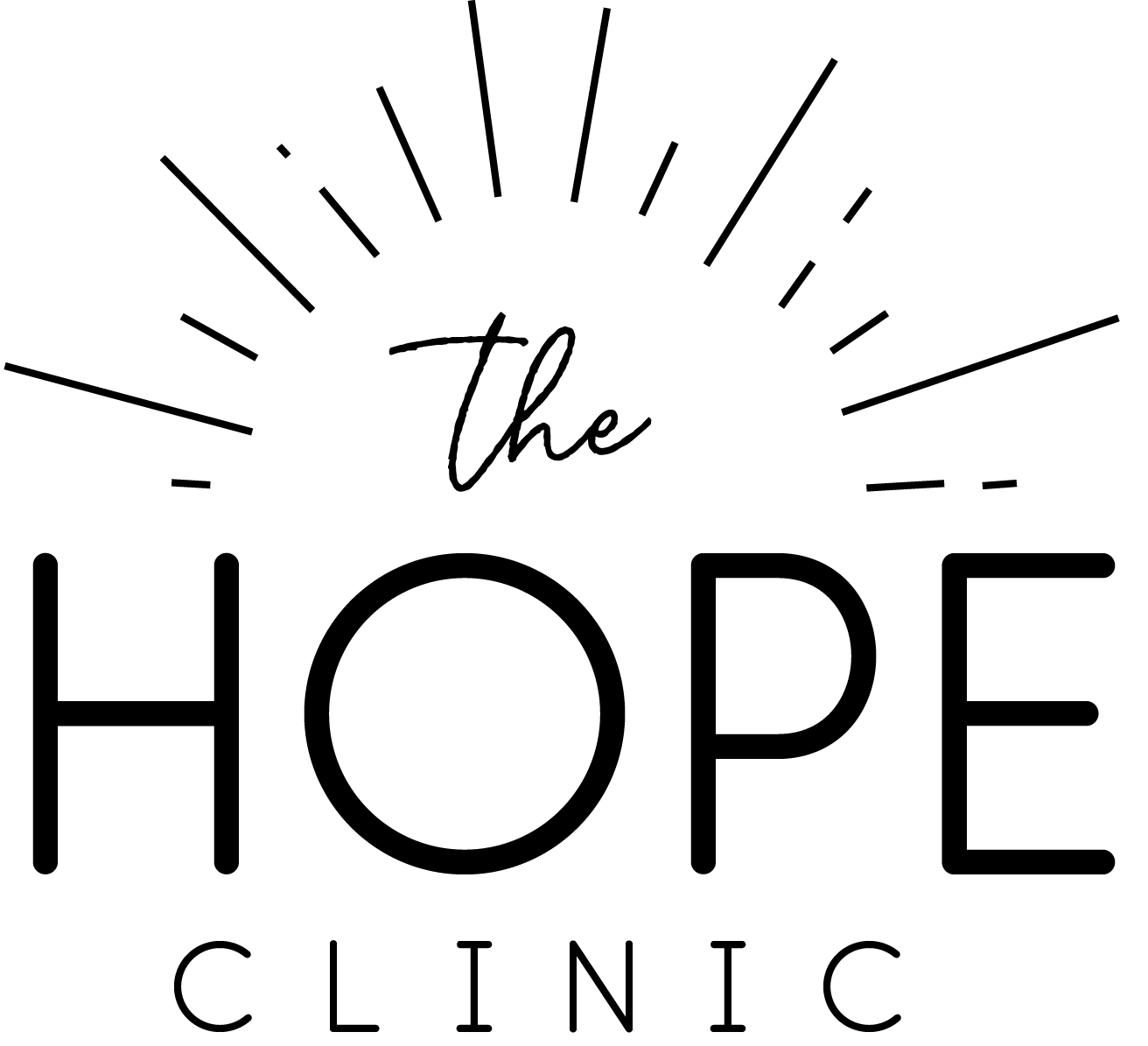All STDs, with very few exceptions, require treatment. Some can be eradicated entirely in your system with treatment. Other STD treatments may only manage symptoms and outbreaks. Because many STDs don’t show signs initially, it’s essential to get tested.
If you’ve been sexually active, The Hope Clinic provides free-of-charge STD testing for you to take advantage of. Make an appointment with us today. Continue reading for more information on STDs.
Types Of STDs
Sexually transmitted diseases (STDs) are spread by sexual contact and transferred via blood, semen, or vaginal and other bodily fluids. There are various types and treatments depending on whether you have a bacterial, viral, or parasitic infection.
Chlamydia & Gonorrhea
Chlamydia and Gonorrhea are two of the most common bacterial STDs. Like many STDs, they often don’t present symptoms. They can be cured with antibiotics.
See your doctor if you have a discharge from your vagina, penis, or rectum or if you have pain during urination. Without treatment, both these STDs can lead to severe health complications, such as infertility or pelvic inflammatory disease (PID).
HIV
Human Immunodeficiency Virus (HIV) is an example of a viral STD. It can be spread not just by sexual contact but by contact with infected blood and from illicit injection drug use or sharing needles. It can also be spread from mother to child during pregnancy, childbirth, or breastfeeding.
Without medication, HIV will weaken your immune system to the point that you have Acquired Immunodeficiency Syndrome (AIDS).
Treatment begins with a combination of antiretroviral therapy (ART) medicines. ART doesn’t cure HIV, but it can control the virus and enable people with HIV to live longer, healthier lives. It also reduces the risk of transmitting HIV to others.
HPV
Human Papillomavirus (HPV) is another viral STD. It is very common, and in most cases, the body’s immune system clears the virus naturally within two years. However, when it does not, medical intervention is necessary to manage the symptoms, like genital warts, and risks associated with the virus, especially those related to cancer.
Regular Pap tests are crucial for women, as some types of HPV can cause changes in the cervix that may lead to cervical cancer.
Trichomoniasis
Trichomoniasis is a parasitic STD caused by a parasitic protozoan. This infection does not resolve by itself and requires medication for treatment and cure. However, reinfections are frequent.
Therefore, it is crucial for individuals diagnosed with trichomoniasis to undergo a follow-up test approximately three months after completing their treatment.
Follow Up With STD Testing
These are simply a few of the most common STDs. Again, many STDs are asymptomatic, which is why testing is so important for anyone who is sexually active.
Not receiving treatment can negatively impact your long-term health. Especially if you’re pregnant, you’ll want to get tested to avoid complications with your pregnancy.
We can help. At The Hope Clinic, we offer STD testing free of charge. Schedule an appointment with us.
